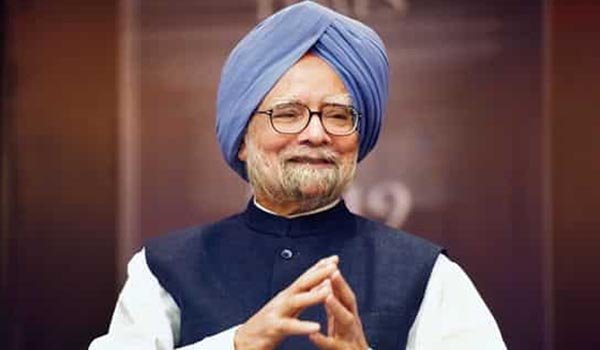Paris, Aug 4 (UNI) In a controversial turn of events at the Paris Olympics on Sunday IST, Indian boxer Nishant Dev’s quest for an Olympic medal ended in heartbreak, as he was dealt a shocking defeat in the men’s 71kg quarterfinals.
The bout, marred by a highly disputed split decision, has left the Indian sports community and fans in uproar.
Nishant, a promising 23-year-old and world championship bronze medallist, faced off against Mexico’s Marco Verde Alvarez—a boxer he had previously defeated in the 2021 World Championships.
From the outset, Nishant appeared dominant, landing a series of sharp jabs and powerful hooks that clearly gave him the upper hand in the first round. However, in a controversial decision, the judges awarded the second round to Alvarez, despite Nishant’s continued control and aggression.
The final round saw Alvarez come out swinging, launching a combination of punches. Nishant, visibly fatigued, struggled to keep up with the Mexican’s relentless attack. The match ended with a 1-4 split verdict in favor of Alvarez, a decision that has been widely criticized as unjust. The ruling effectively ended India’s hopes for a boxing medal, sending shockwaves through the Indian camp and igniting outrage among fans and athletes alike.
The reaction was immediate and fierce. Social media platforms were inundated with messages of disbelief and anger. Prominent voices, including 2008 Beijing Olympics bronze medallist Vijender Singh, expressed their shock and dismay. “I don’t know what’s the scoring system, but I think very close fight… he played so well… koi na bhai #NishantDev,” tweeted Singh, encapsulating the sentiments of many who watched the bout.
The controversy surrounding Nishant’s defeat comes on a day already fraught with disappointment for India. Shooter Manu Bhaker narrowly missed a historic third Olympic medal, and archer Deepika Kumari was eliminated in the women’s individual quarterfinals. The string of setbacks has cast a shadow over India’s campaign in Paris, raising questions about the officiating and the standards of judging at the Games.
The Indian contingent’s frustration is palpable. For Nishant, who had worked tirelessly to reach this stage, the controversial decision is a bitter pill to swallow. It underscores the often arbitrary nature of Olympic judging and raises concerns about fairness and transparency in the sport.
As the dust settles, the focus will undoubtedly shift to the remaining events, but the controversy surrounding Nishant Dev’s quarterfinal exit will linger. It serves as a stark reminder of the unpredictable and, at times, unforgiving nature of the Olympic Games. While Nishant’s Olympic dream may have been cut short, the debate over his loss will continue, fueling discussions about the need for greater accountability in the sport.











